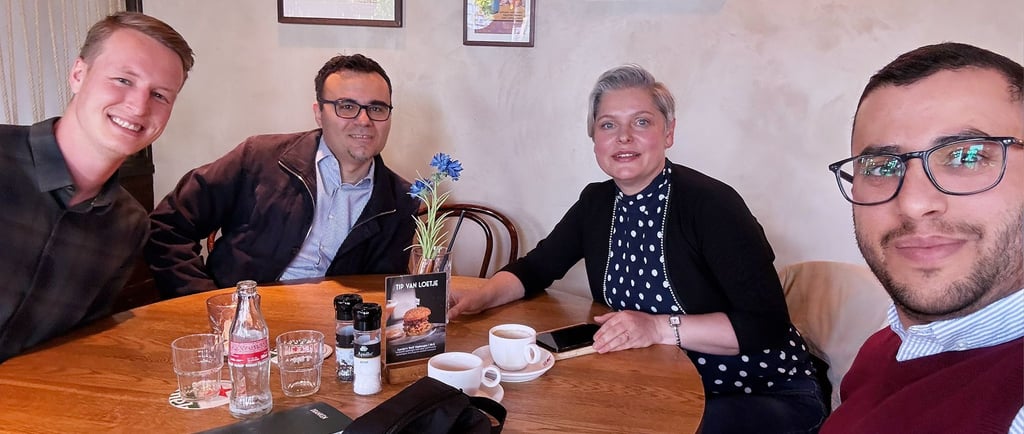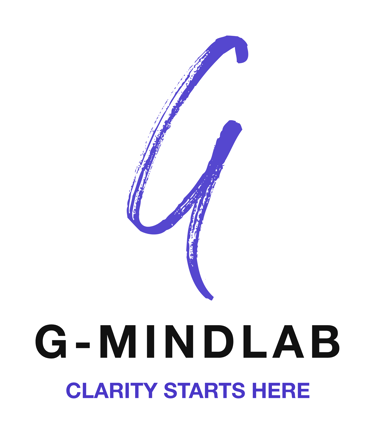What is It Like to Think Like a Philosopher?
And how it could be relevant to business?
5/21/20252 min read


SMALL CIRCLE OF BIG QUESTIONS #1: What is it like to think like a philosopher and how could that be relevant to business?
Yesterday, we had a lively discussion in the Small Circle of Big Questions about the core features of philosophical thinking and how it can contribute to contemporary business practices.
To summarize yesterday's discussion, Philosophical thinking:
🔸 Thrives on controversy — it welcomes debate between multiple perspectives on the same issue. The diversity of viewpoints teaches us to tolerate ambiguity, stay intellectually open and humble, listen deeply, raise self-awareness, and revise our positions in light of counterarguments.
🔸 Digs for first principles — critically examines background assumptions, core concepts, and mental models that lie beneath a position or belief.
🔸 Prioritizes questions over answers — especially “What?”, “Why?”, and “What if?” Philosophical thinking is more concerned with framing than with executing (“How?” comes after that).
🔸 Raises conceptual questions — such as “What is knowledge?”, “What is justice?”, or “What is good?” The aim is to define concepts clearly and precisely, so they can provide good tools, variables and guidelines for further analysis.
🔸 Uses thought experiments — stretching the boundaries of logic and imagination to test whether assumptions or arguments still hold under new conditions or scenarios.
🔸 Relies on clear, logical argumentation — disagreement is welcome, but must be grounded in reason and argument, not empty rhetoric. The goal isn’t to win, but to deepen inquiry and arrive at sharper understanding for the benefit of all.
🔸 Engages ethical reasoning — philosophy isn’t only about logic, but also about values, behavior, and moral clarity.
So how is this relevant for today’s business world, especially in a time shaped by speed and complexity?
Stakeholder management — by listening across perspectives and staying curious, we build alignment in diverse environments.
Strategic thinking & innovation — by clarifying assumptions and core concepts, we create space to reframe challenges, envision alternatives, and test new directions.
Critical problem-solving — by asking better questions, we get closer to the real issues and make decisions with stronger arguments and clearer communication.
Ethical leadership — by grounding our thinking in values, we create integrity in decision-making and behavior.
Conceptual clarity — by articulating purpose, values, and vision precisely, we enable meaningful KPIs and strategic alignment.Systems thinking — by stepping back to see the whole, we better manage complexity across functions and time horizons.
If you're curious to join a future Small Circle of Big Questions, or explore how these principles show up in strategy, collaboration, and decision-making - please reach out directly.
#criticalthinking #philosophyinbusiness #strategicthinking #gmindlab #decisionmaking #leadershipdevelopment #smallcirclebigquestions
